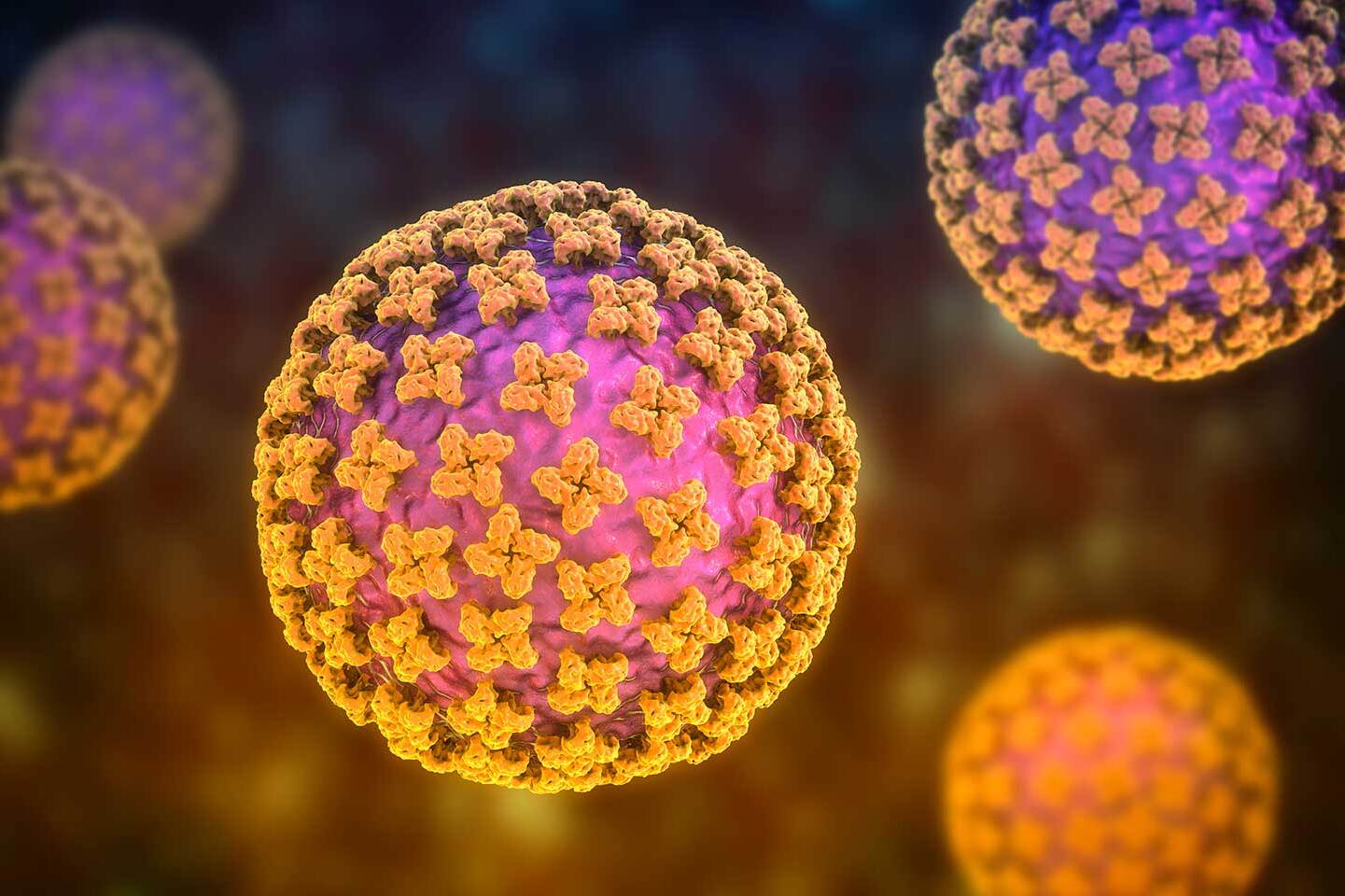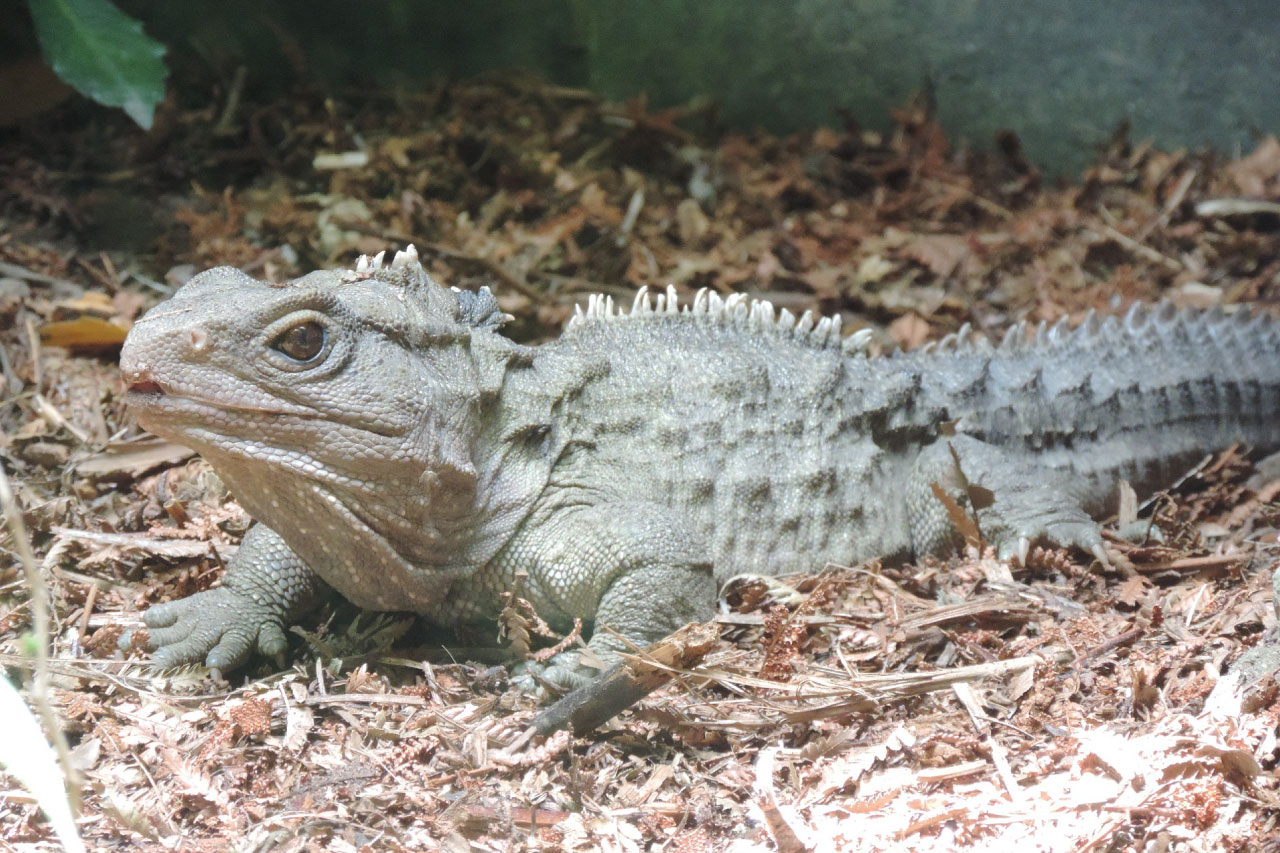
What is Hantavirus? Hantavirus is a rare but serious illness caused by a family of viruses spread mainly by rodents. How does it spread? People can contract it through contact with rodent urine, droppings, or saliva. What are the symptoms? Early signs include fever, muscle aches, and fatigue, which can escalate to coughing and shortness of breath. Is it deadly? Yes, it can be fatal if not treated promptly. Where is it found? Hantavirus is present worldwide, with different strains in various regions. Can it be prevented? Yes, by avoiding contact with rodents and their habitats. Why is it important? Understanding hantavirus helps in preventing outbreaks and protecting public health.
What is Hantavirus?
Hantavirus is a group of viruses spread mainly by rodents. These viruses can cause serious diseases in humans. Let's dive into some interesting facts about Hantavirus.
-
Hantavirus Pulmonary Syndrome (HPS): This severe respiratory disease can be fatal. It has a mortality rate of about 38%.
-
Transmission: People usually get infected by inhaling dust contaminated with rodent urine, droppings, or saliva.
-
Rodent Hosts: Deer mice, cotton rats, rice rats, and white-footed mice are common carriers.
-
Symptoms: Early symptoms include fatigue, fever, and muscle aches. Later, it can lead to coughing and shortness of breath.
History of Hantavirus
Understanding the history of Hantavirus helps us see how it has impacted human health over time.
-
First Identified: Hantavirus was first identified in the early 1950s during the Korean War.
-
Name Origin: The virus is named after the Hantan River in South Korea, where an outbreak occurred.
-
Outbreaks: Significant outbreaks have occurred in the United States, South America, and Asia.
Prevention and Control
Preventing Hantavirus involves reducing exposure to rodents and their habitats. Here are some key facts about prevention.
-
Seal Up: Seal holes and gaps in homes to prevent rodent entry.
-
Clean Up: Clean up food sources and nesting sites to discourage rodents.
-
Trap Up: Use traps to reduce rodent populations around homes.
Treatment and Diagnosis
Early diagnosis and treatment are crucial for Hantavirus infections. Here are some important facts about treatment and diagnosis.
-
No Specific Treatment: There is no specific antiviral treatment for Hantavirus. Supportive care is essential.
-
Early Diagnosis: Early diagnosis can improve outcomes. Blood tests can detect the virus.
-
Hospitalization: Severe cases often require hospitalization and intensive care.
Global Impact
Hantavirus affects people worldwide, with varying impacts in different regions.
-
United States: In the U.S., HPS is the most common disease caused by Hantavirus.
-
South America: In South America, Hantavirus can cause Hemorrhagic Fever with Renal Syndrome (HFRS).
-
Asia: In Asia, HFRS is more common, with thousands of cases reported annually.
Interesting Facts
Some lesser-known facts about Hantavirus can be quite surprising.
-
Not Contagious: Hantavirus is not spread from person to person, unlike many other viruses.
-
Environmental Stability: The virus can remain infectious in the environment for several days, especially in cool, dry conditions.
Final Thoughts on Hantavirus
Hantavirus is a serious illness spread by rodents, particularly deer mice. It can cause Hantavirus Pulmonary Syndrome (HPS), which has a high mortality rate. Early symptoms resemble the flu, but they can quickly escalate to severe respiratory issues. There's no specific treatment or vaccine, so prevention is key. Avoiding contact with rodent droppings, urine, and nesting materials is crucial. If you suspect an infestation, use proper safety measures when cleaning. Seal up any entry points in your home to keep rodents out. Knowing these facts can help you stay safe and informed. Always consult healthcare professionals if you think you've been exposed. Stay vigilant and take necessary precautions to protect yourself and your loved ones from this dangerous virus.
Was this page helpful?
Our commitment to delivering trustworthy and engaging content is at the heart of what we do. Each fact on our site is contributed by real users like you, bringing a wealth of diverse insights and information. To ensure the highest standards of accuracy and reliability, our dedicated editors meticulously review each submission. This process guarantees that the facts we share are not only fascinating but also credible. Trust in our commitment to quality and authenticity as you explore and learn with us.


